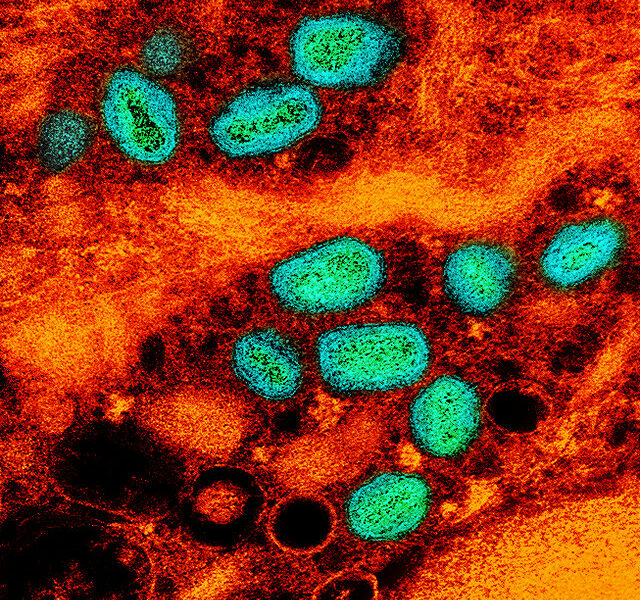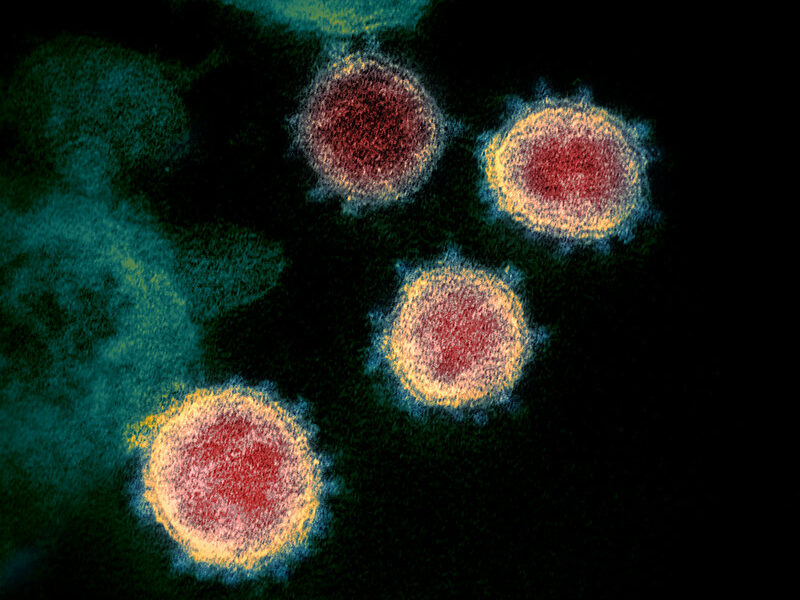Monsoon season in India is bringing more than just heavy rains. India’s western state, Gujarat, reports a record high of 688 cases of leptospirosis in the past two months. The previous high was 659 cases over the entire year in 1997. Officials believe the case and death count, which is now at 127, will continue to rise while the monsoon season persists.
Q&A
What is leptospirosis?
Also known as Weil disease, Rice-field fever, Cane-cutter fever, and hemorrhagic jaundice, leptospirosis is a bacterial infection that can cause fever, muscle pain, nausea, diarrhea, conjunctivitis, and also, though rarely, enlarged lymph glands, spleen or liver, skin rash and muscle rigidity.
Leptospirosis affects humans and animals. Though the prognosis is generally good, the disease can cause meningitis, kidney damage, respiratory distress or death, if left untreated.
Is leptospirosis treatable?
A health provider should be contacted if leptospirosis is suspected. The Centers for Disease Control and Prevention (CDC) recommends treatment with doxycycline and penicillin. Further, if the infection is particularly severe, intravenous antibiotics may be recommended by a health provider.
How are humans infected with leptospirosis?
The Leptospira bacteria can be found in soil, fresh water, and in the air in urine droplets. The bacteria are commonly transmitted via animal urine. Those at risk include people who work with animals (farmers, slaughterhouse workers, veterinarians) and those who frequently participate in outdoor activities in warm, tropical climates. A person may inhale urine droplets in the air, ingest something with urine droplets on it, or the bacteria may enter the human system through an abrasion in the skin.
Can leptospirosis be prevented?
The range of risk factors for leptospirosis makes prevention difficult. The CDC recommends avoiding stagnant water, or water that may contain animal urine. Further, protective clothing should be worn during recreational or occupational outdoor facilities. The World Health Organization suggests interrupting the spread of infection at the source by controlling rodent populations, reporting symptoms and cases to health providers and again, avoiding stagnant or contaminated water.

